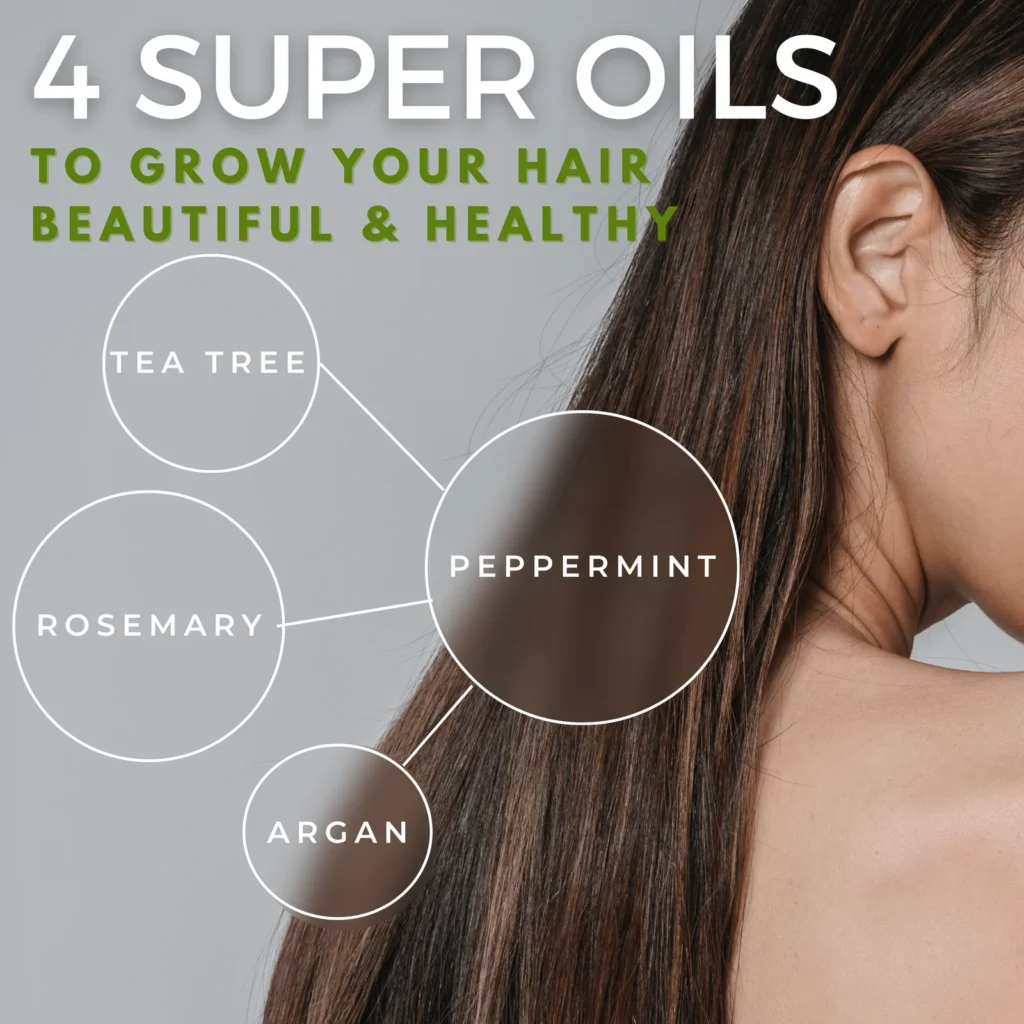Hair damage is a common concern caused by various factors, including heat styling, chemical treatments, pollution, and improper care routines. While repairing damaged hair often feels like an uphill battle, many are turning to herbal shampoos as a natural and sustainable solution. But can these plant-based products truly restore your hair to its former glory? Let’s dive into the science and benefits of herbal shampoos to find out.
Understanding Hair Damage
Hair damage typically manifests as dryness, split ends, breakage, and lack of shine. At the root of this problem is the deterioration of the hair’s outer layer, the cuticle, which protects the inner structure, known as the cortex. When the cuticle is damaged, hair becomes brittle, porous, and prone to further harm.
Chemical-laden shampoos can exacerbate this issue by stripping away the natural oils your scalp produces, weakening the hair shaft over time. This is where herbal shampoos come into play—they are formulated to nurture, protect, and repair damaged hair without the harsh side effects. Best hair herbal shampoo
How Herbal Shampoos Work
Herbal shampoos rely on the therapeutic properties of plant-based ingredients to cleanse and repair hair. Unlike conventional shampoos, which often focus solely on cleansing, herbal formulations are designed to nourish both the scalp and hair strands. Here’s how:
1. Gentle Cleansing
Herbal shampoos typically use mild, natural surfactants like soapnut (reetha) or shikakai. These gently remove dirt and excess oil without stripping away the scalp’s natural moisture. A healthy scalp creates the ideal environment for hair repair and growth.
2. Repairing with Nutrients
Key ingredients in herbal shampoos are often rich in vitamins, minerals, and amino acids that help rebuild the hair shaft. For instance:
- Aloe vera: Contains enzymes and moisture-binding properties that hydrate and repair dry, brittle hair.
- Hibiscus: Strengthens hair strands and prevents breakage by sealing the cuticle.
- Fenugreek: Packed with proteins and nicotinic acid, it stimulates the scalp and repairs damaged follicles.
3. Scalp Health for Long-Term Repair
Healthy hair starts with a healthy scalp. Herbal ingredients like neem, tea tree oil, and rosemary are known for their antimicrobial and anti-inflammatory properties. They combat dandruff, irritation, and infections, ensuring that the hair roots are strong and well-nourished.
4. Moisture Retention
Damaged hair often struggles to retain moisture, leading to further breakage. Ingredients like coconut milk, honey, and argan oil found in herbal shampoos lock in hydration, making hair softer and more elastic. Natural hair care
Key Herbs That Promote Hair Repair
Herbal shampoos derive their power from specific plant extracts known for their hair-repairing properties. Here are some standout ingredients:
- Amla (Indian Gooseberry)
Rich in Vitamin C and antioxidants, amla strengthens the hair shaft, reduces breakage, and boosts natural shine. - Bhringraj (False Daisy)
An age-old remedy for hair health, bhringraj revitalizes hair from the roots and improves the texture of damaged strands. - Argan Oil
Often called “liquid gold,” argan oil is loaded with fatty acids and Vitamin E, which repair split ends and restore smoothness. - Hibiscus
This flower not only repairs damaged cuticles but also stimulates new growth and adds volume to limp hair. - Tea Tree Oil
Known for its antimicrobial properties, tea tree oil soothes an irritated scalp, unclogs hair follicles, and encourages healthier, stronger strands.
Can Herbal Shampoos Reverse Damage Completely?
While herbal shampoos offer significant benefits, it’s important to set realistic expectations. Hair is made of keratin, a protein that doesn’t regenerate once the hair has grown out of the follicle. As a result, completely reversing severe damage may not be possible.
What herbal shampoos can do, however, is minimize further damage, improve the appearance of hair, and create optimal conditions for new, healthier growth. Over time, consistent use can lead to softer, shinier, and stronger hair.
Tips for Maximizing the Benefits of Herbal Shampoos
To get the most out of your herbal shampoo, consider these tips:
- Choose the Right Formula
Select a shampoo with ingredients that address your specific concerns—hydration, strengthening, or scalp health. - Pair with a Herbal Conditioner
For added nourishment, use a conditioner or hair mask made from complementary herbal ingredients. - Avoid Heat Styling
Minimize the use of hot tools, as they can counteract the repair efforts of herbal shampoos. - Be Patient
Herbal shampoos work gradually, as they rely on natural ingredients. Consistent use over several weeks will yield the best results.
The Eco-Friendly Advantage
Beyond personal benefits, herbal shampoos are often more environmentally friendly than their chemical-based counterparts. Free from harmful sulfates, parabens, and synthetic fragrances, these shampoos reduce the environmental impact of chemical runoff. Many brands also embrace biodegradable packaging, further contributing to sustainability.
Conclusion
Herbal shampoos are an excellent choice for anyone looking to repair damaged hair naturally. By leveraging the power of plant-based ingredients, these shampoos provide hydration, strengthen strands, and improve scalp health—all without the harsh chemicals that can cause further harm.
While they may not work instant miracles, their long-term benefits make them a worthwhile investment in your hair care routine. If you’re ready to say goodbye to brittle, lifeless hair, consider switching to a quality herbal shampoo today. Your hair—and the planet—will thank you!

